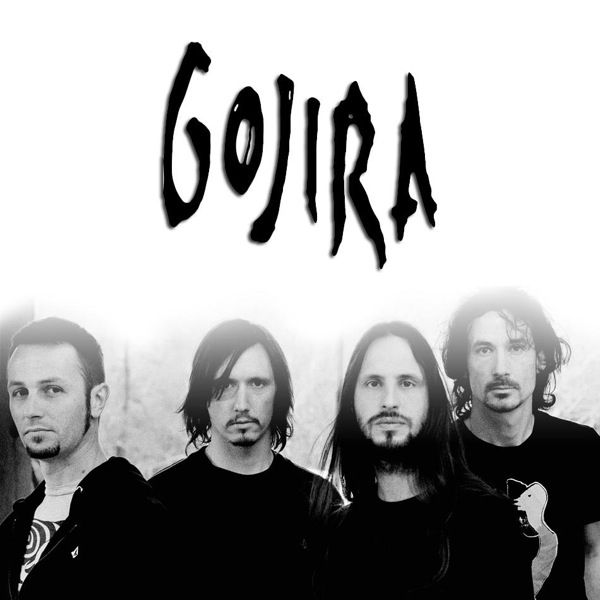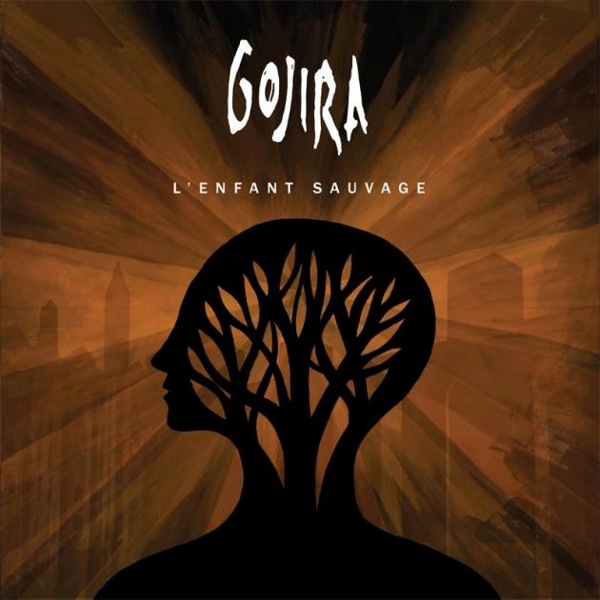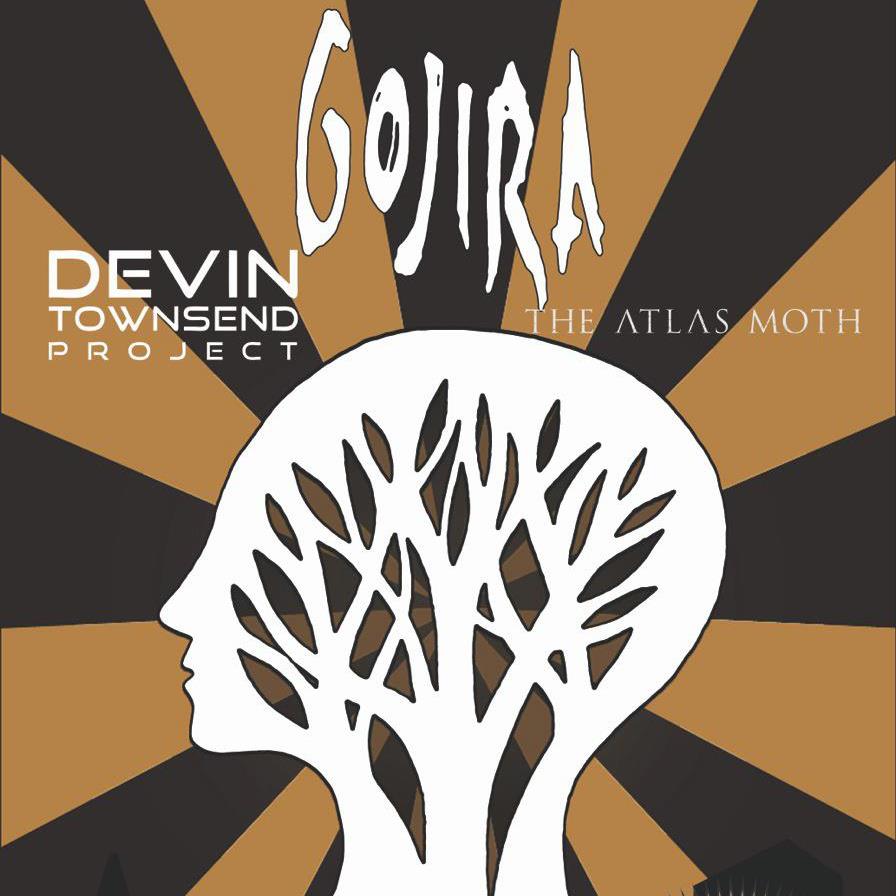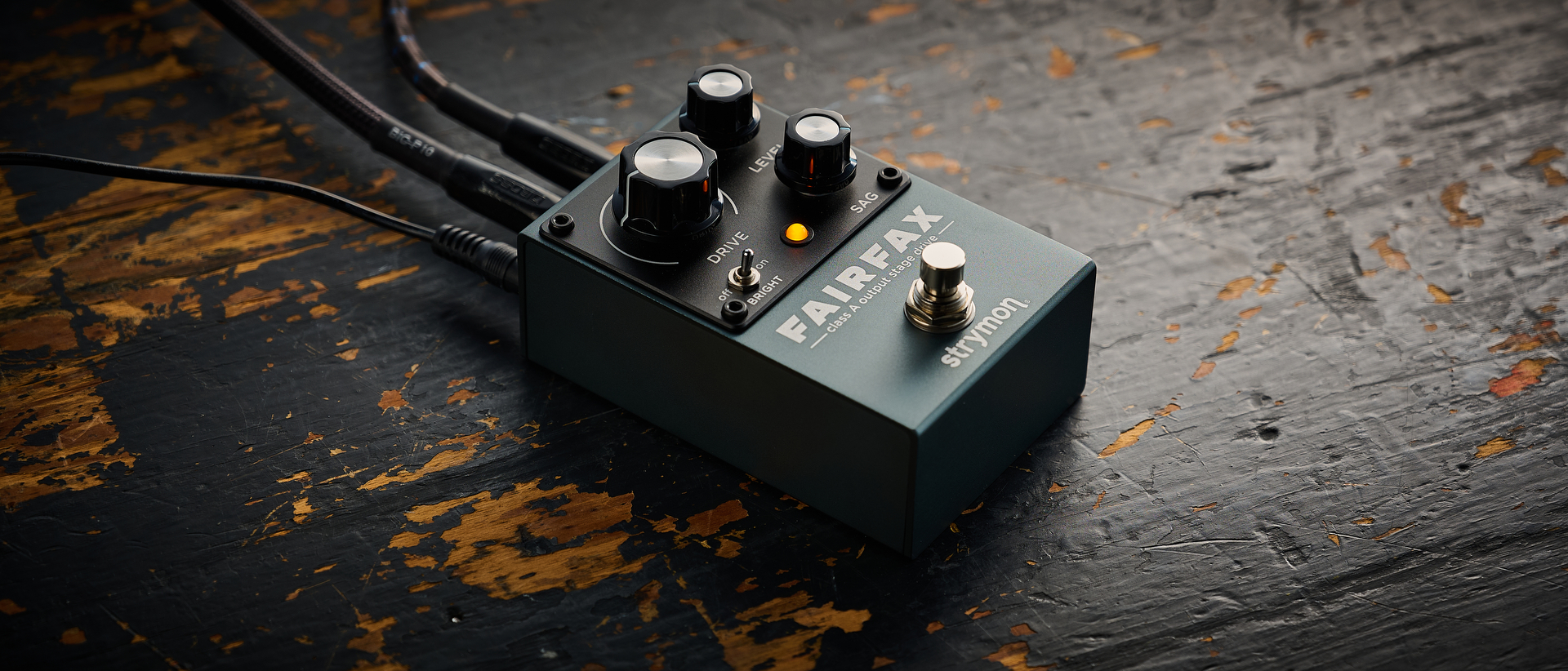Interview: Gojira Frontman Joe Duplantier Talks Touring, Gear, India Gig and More
All the latest guitar news, interviews, lessons, reviews, deals and more, direct to your inbox!
You are now subscribed
Your newsletter sign-up was successful
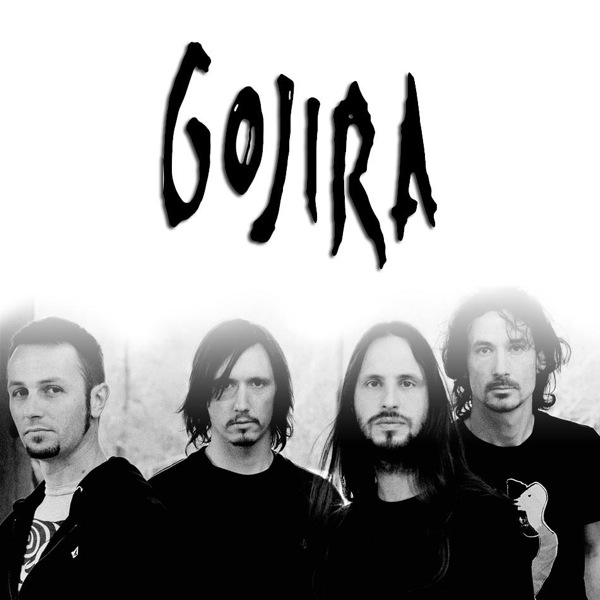
French extreme metal band Gojira carved out a niche for themselves with their unique, atmospheric, environmentally themed early albums, including 2001's Terra Incognita and 2003's The Link.
The band's fanbase and reputation grew with subsequent releases, such as 2005's From Mars to Sirius and 2008's The Way of All Flesh. But it was their most recent release, 2012's L’Enfant Sauvage, that catapulted them to worldwide success.
I recently caught up with vocalist/guitarist Joe Duplantier to talk about the band's current North American headline tour, the new album, their recent India gig and more. Read the conversation below and check out the band’s official website.
GUITAR WORLD: You've come to the last few shows of your North American tour with Devin Townsend and The Atlas Moth. How has everything been going for you guys?
Everything has been fantastic! We’re living the dream right now, you know [laughs]. We worked so hard for many years with this band, on this music, and now finally it’s getting to a point where we feel we’re comfortable with the size of the venues we’re playing, the reaction of the crowds and fantastic openers like Devin Townsend and Atlas Moth.
I mean, this configuration right now is really, really good for us. Of course, we had these crazy dreams when we were younger, like one day we will be like Metallica. But we didn’t really know what we were talking about. Where we are at now is really good for us. We don’t wish something bigger than that. We feel comfortable in this configuration.
You were supposed to tour as openers for Lamb of God last year, but that got cancelled and you ended up doing this tour. Did you have to rearrange the set list when you shifted from openers to headliners?
All the latest guitar news, interviews, lessons, reviews, deals and more, direct to your inbox!
Yeah, when it happened it was a pain in the ass for us. When the album came out, we needed to be on a high-profile tour and do something special. Our first thought was, "We need to headline right away," because we felt it was time for us to headline. But then Lamb of God came to us with an offer that we couldn't turn down, so we postponed the headline tour to now, actually, and thought that Lamb of God would be the starting point for this album cycle. And when Randy went to jail, of course it was cancelled and we were mostly worried for him, but it was hard to react to that. So we did a small run on the US East Coast, but nothing more than that. So this is a very important tour right now because it’s the first time for this album cycle we’re doing the West Coast, Texas, Florida and all that.
And I'm sure people must be more familiar with the new songs as compared to when the album just came out.
Yes, that’s true! Absolutely. It’s funny that people in the business tend to push us to play more and more, which I understand, because we have a common goal to grow and promote the band. We talk a lot and they tell us, "If you guys don’t play enough, people are going to forget about you." And we always thought the opposite. If we stay quiet for two to three years, people will get more excited. That’s what happened for us, because last time we toured in California, for example, was in 2009. We would have 400 people at the shows and this time we have three times more without touring at all. So I think it’s not bad sometimes to take time between tours. So yeah, it’s good timing for us now.
I’ve seen the set list and I think you’ve been playing three new songs. How are they blending with the older songs? Does the whole set flow together?
It’s going pretty well, you know. There’s something very smooth, actually. We were a little worried, before we even started touring, about how we were going to put these songs together. The new album is very different, very atmospheric. Finally it was just a matter of picking the right songs from the old albums and the new album and we have something that’s very homogeneous in this set list. But we’re going to have to reinvent for the next tour and mix other songs from the new album with other songs from the old albums. Because we would like to come back to the States before the end of the year, so we would like to come with a different set list.
Purely in terms of the guitar, how do you compare this album to previous ones?
I remember back a couple of years ago when I was recording the album, I was mostly worried about the type of amps I would use and the type of microphone. But soon I started to understand that it’s the guitar that’s really the core of the sound. If you have a good guitar, it makes a huge difference on the album. We used a number of guitars. Of course, we used Jackson guitars, but we also used Gibsons for some parts to have something with a very tight low end and for the rhythm section. And I really love the Fender Telecaster, which is almost like a signature for our band now.
The Link, which is 48 minutes long, was your shortest album — until L’Enfant Sauvage. Why is that? Has your songwriting became more compact over the years?
We did this on purpose. We wanted a shorter album because our albums are most of the time very epic and draining. You cannot go through the entire album intact, you know [laughs]. So I wanted to keep it short because I have an experience as a listener of albums like Metallica’s Master Of Puppets. It’s so short, it’s just eight songs. And other albums like Death’s Human also has eight songs.
When I listen to these albums, it’s so good, so intense and short that you want to listen to it and experience it again right away. I wanted people to have the same kind of feeling with our new album. Sometimes when it’s too long, you get turned off. So it helps the identity of a record to have something that is a little shorter with more impact. So this was done on purpose. We had a lot of material, and we could have done this epic, long album like we do usually, but we made it short on purpose.
Do you think you will continue with this same approach in the future?
You know, it depends on the mood. Maybe the next album will be completely epic and experimental and super-long [laughs]. I really don’t know, but for now I kind of like the short albums.
You talked about Gibson guitars. Other than that, did you make any changes to your setup?
I’m not even sure if I’m allowed to talk about this because I don’t have a written contract with Jackson. But since it’s the same house, I don’t think it’s a big problem. But yeah, I made a very important move. I’m playing with Charvel now, and I’m working on a custom guitar for me to use on stage. But Jackson, Fender and Charvel are under the same company, so it was not a painful move. But I’m moving to Charvel because I really love these guitars and there’s more possibilities to make custom shop models and stuff like that. It’s interesting for me.
You guys recently did something unique. Not a lot of bands get to play in India, and you did that on December 15 at the Indian Metal Festival in Bangalore. What was that like?
It was completely amazing. Playing in India was something we didn’t even dream of, you know [laughs]. India is so exotic, I wanted to go to India just for myself. At least once in my life I wanted to go there. But I never found the time or the money or the energy. It was a nice feeling to go there to perform and to play in front of people who are so excited. It was very, very incredible. Everything is so different there; I could talk about this for hours. We came back richer, and we feel like we learned a lot just from the experience of being there.
I believe your Wikipedia page says that you’re involved with an environmental organization called Sea Shepherd. Do you still do any work for them?
Technically I’m not part of that organization. The only thing I do is wear their shirts that I buy or the ones they give me, and I promote them and talk about them. Also, I make a donation every month. That’s how I’m part of the organization, because I give them a little something every month. It’s a very small donation, but I feel it’s very important. I do promote them in interviews, through just wearing a shirt on stage and stuff like that, and I think it makes a small difference. I’d like to think it does.
Andrew Bansal is a writer who has been running his own website, Metal Assault, since early 2010, and has been prolific in covering the hard rock and heavy metal scene by posting interviews, news, reviews and pictures on his website — with the help of a small group of people. Up till February 2012 he was based in Los Angeles. After that, he had to move to India, but is still carrying on his heavy metal endeavors with the same intensity.
